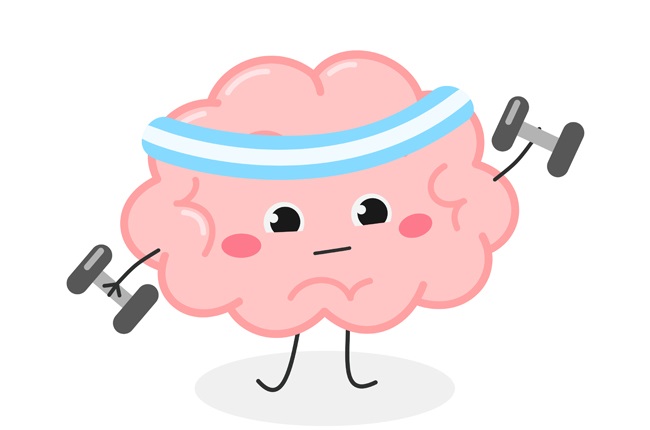
- In order to retain information, your brain has to rely on something called a memory trace.
- Memory is also boosted when the brain is able to concentrate on something without any distractions.
- To make learning new information a little easier, repetition is key.
In order for your brain to retain information, the thing you're trying to remember has to leave something called a memory trace.
"A memory trace is something that's created as soon as you start to encode something," neurologist Dr Péter Körtvélyessy explains to Deutsche Welle. "When you start to encode something, a chain is set in motion at the synapse level - that is, at the molecular level of the brain - through what's called long-term potentiation. That's how memory is actually formed. That's the memory trace."
In order to retain information, the brain needs to be able to concentrate on the subject matter without distraction.
"If your attention is focused on multiple things, the effect you want to have, for example, while learning, is significantly diminished because you can't use your full capacity in terms of attention," says Dr Körtvélyessy.
READ MORE | Can you pass this memory test?
Making hand-written notes
The brain is most effective at learning when several impressions are linked together. For example, when you are reading from your computer, you have the screen to look at, but when you read from a book, you engage other senses like touch. Making hand-written notes or drawing a diagram of the content you are learning engages different senses and creates additional memory traces.
"People who can memorise huge amounts of material construct stories that build on one another. They make a semantic framework around the content their memorising. If they're learning vocabulary and they're only learning verbs, it's much tougher than if they're also memorising nouns and adjectives and building them into a story."
READ MORE | Struggling with positive thinking? Research shows grumpy moods can actually be useful
Repetition
Memory traces only become strong and lasting if you review the subject the next day - whether vocabulary, facts or formulas.
"It's known that people forget the most by far within the first 24 hours; 50% of everything we learn will be forgotten within the next 24 hours. That means, if you want to consolidate your learning or review it so you have it for a longer time, meaning to create a permanent memory trace and long-term memory, then repetition will improve the effect."
Source: Deutsche Welle/Peter Schuchardt




 Publications
Publications
 Partners
Partners












